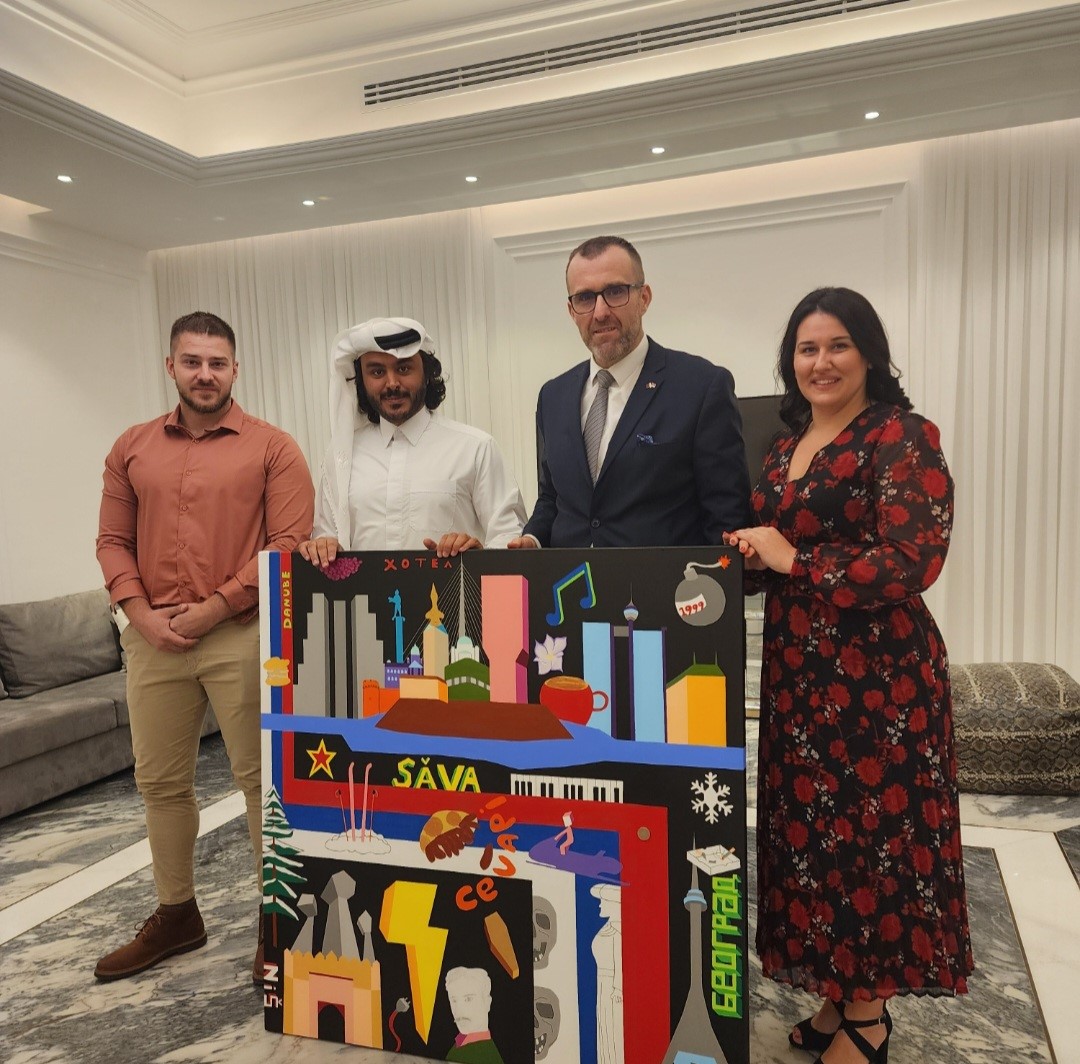
Title: Serbian Scholars Rally Against Government Regulation Curbing Research Hours
In a contentious decision that has alarmed Serbia’s scientific and academic circles, the Serbian caretaker government has implemented a rule that significantly restricts the time university faculty can allocate to research. According to the revised guideline, academics at public universities are now allowed to devote merely five hours weekly to research—representing just 12.5% of their overall workload. This is a stark shift from the former equitable 50:50 division of research and teaching duties.
The regulation was instituted by a caretaker administration following the March 2024 resignation of Serbia’s elected government, which collapsed after prolonged mass student demonstrations against systemic corruption and inadequate public infrastructure. Even though a new government has been established, primarily composed of the same ruling party and ministers, there are no indications that the policy will be reversed.
Academic and Scientific Opposition
The decree has faced widespread backlash from Serbian researchers, who describe it as a serious setback for higher education, international research collaboration, and the nation’s scientific aspirations. Many scientists worry that the new rules will obstruct, if not entirely prevent, them from meeting the commitments associated with prestigious national and international research grants.
“These restrictions fundamentally jeopardize Serbia’s participation in global scientific initiatives and render it nearly impossible to conduct high-caliber, competitive research,” stated Svetlana Stanarević, assistant professor at the University of Belgrade and a member of the Network of Academic Solidarity and Engagement. Stanarević pointed out that current funding mechanisms, including European Research Council (ERC) grants, necessitate that beneficiaries dedicate at least 50% of their time to research—a standard that is now unattainable under the new policies.
Sofija Stefanović, a bioarchaeologist at the University of Novi Sad and the first Serbian-based recipient of an ERC grant, remarked: “This decree has criminalized applying for an ERC project from Serbia.”
Diminishing Value of Academic Work
In addition to hindering scientific exploration, researchers fear that the regulation will lead to substantial reductions in academic salaries. As many institutions do not have enough teaching hours to reallocate to professors displaced from research, a considerable number of faculty members could see their incomes drop by as much as 50%—further discouraging talent from staying in the public sector or in the country.
Igor Stanković, a researcher at the Institute of Physics in Belgrade, cautioned that the new standard will marginalize those most committed to the academic mission. “The regulation essentially penalizes high-achieving scientists by barring them from engaging in the very work that defines their professional identity and opens doors to future career possibilities.”
National and International Implications
Multiple organizations have voiced concerns regarding the long-term consequences of the policy. Milka Sokolović, a biomedical scientist and director of the European Public Health Alliance (speaking in her personal capacity), stressed that international collaborations rely on more than just funding—they also demand institutional stability and sufficient time for research, both of which are now in jeopardy.
The Serbian Academy of Sciences and Arts has formally urged the government to retract the regulation, while a group of professors from the University of Belgrade has submitted a petition to the Constitutional Court of Serbia contesting the legality of the decision. The petition argues that the caretaker government exceeded its authority by implementing major structural changes without appropriate legislative oversight.
Allegations of Political Motives
Many within the academic sector suspect that the timing and nature of the decree are politically driven. Critics argue that the action is a retaliatory tactic by the authoritarian-leaning government to penalize academics for their public backing of the student-led anti-corruption demonstrations, which escalated following a tragic train station accident that claimed 15 lives earlier this year.
Neven Isailović, a senior research associate at the Institute of History Belgrade, claimed: “The regulation is a thinly disguised act of vengeance cloaked as administrative reform. Its purpose is to silence dissent in universities, where resistance to authoritarianism has been gaining traction.”
Echoing this sentiment, Sokolović contended that the move could act as “a financial mechanism of subjugation,” undermining universities by stripping them of their autonomy and the resources necessary to remain democratic and innovative institutions.
The Road Ahead
As protests escalate and legal challenges proliferate, the future of academic research in Serbia hangs precariously in the balance. Educators, scientists, and university leaders nationwide persist in demanding the immediate repeal of the regulation, urging the new government to reinstate the previous allocation of time for academic research and recommit to transparent policies.
Until a definitive governmental response is forthcoming—none has been received as of yet despite official requests from Chemistry World—it is unclear whether Serbia’s scientific community can recuperate from what many are deeming the most significant blow to higher education in the country since the post-socialist transition period.
In the interim, Serbian researchers pledge to continue their struggle—via courts, protests, and international advocacy—to protect the integrity of research, academic freedom, and public education in the nation.